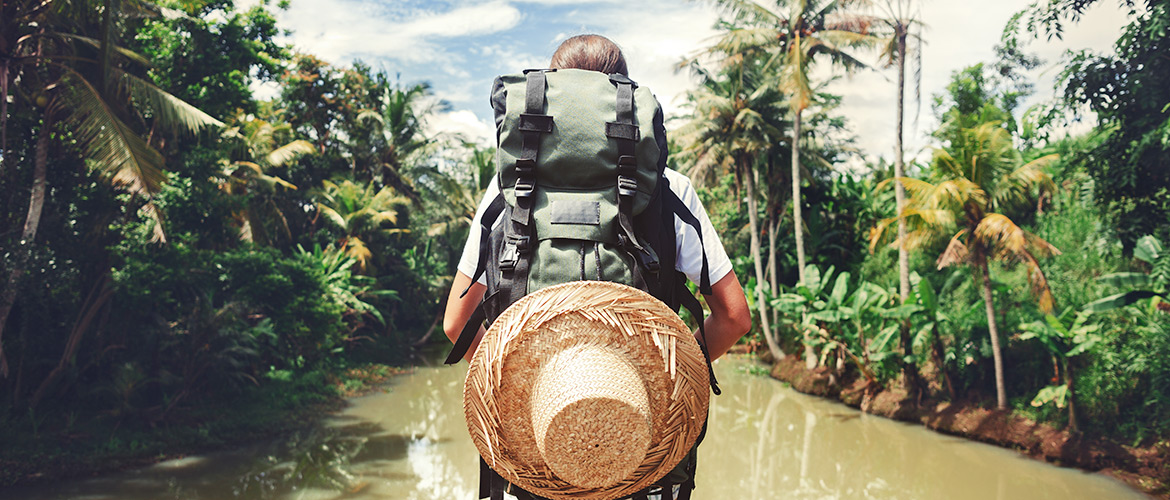Traveller’s diarrhoea
Gastroenteritis can be caused by: a virus, bacteria, a parasite.
These infections can sometimes be caught during travel abroad, particularly to areas with poor standards of public hygiene. This is known as travellers’ diarrhoea.
Gastroenteritis can be caused by:
- a virus – such as norovirus or rotavirus
- bacteria – such as campylobacter and Escherichia coli (E. coli), which are often picked up from contaminated food
- a parasite – such as the parasite that causes giardiasis, which is spread in contaminated water
These infections can sometimes be caught during travel abroad, particularly to areas with poor standards of public hygiene. This is known as travellers’ diarrhoea.
What to do if you have diarrhoea
You should eat solid food as soon as you feel able to. If you’re breastfeeding or bottle feeding your baby and they have diarrhoea, you should try to feed them as normal.
Stay at home until at least 48 hours after the last episode of diarrhoea to prevent spreading any infection to others.
Diarrhoea is often caused by an infection. You can reduce your risk by making sure you maintain high standards of hygiene.
For example, you should:
- wash your hands thoroughly with soap and warm water after going to the toilet and before eating or preparing food
- clean the toilet, including the handle and the seat, with disinfectant after each bout of diarrhoea
- avoid sharing towels, flannels, cutlery, or utensils with other household members
It’s also important to practise good food and water hygiene while travelling abroad, such as avoiding potentially unsafe tap water and undercooked food.

